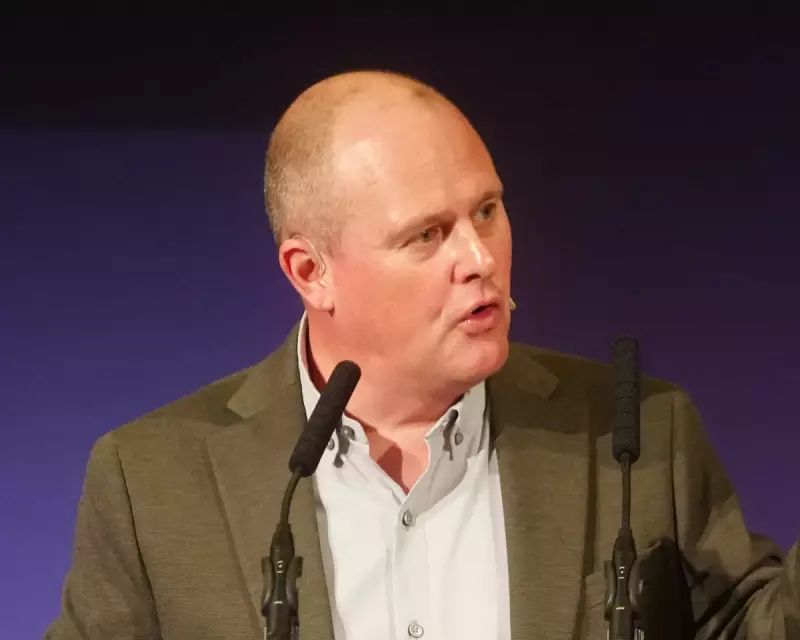
The Trades Union Congress (TUC) is putting intense pressure on the Chancellor, Rachel Reeves, to deliver what it terms a 'living standards budget' this Wednesday, focusing squarely on alleviating the financial strain on working households after more than a decade of pay stagnation.
The Tory Pay Hangover
According to a stark analysis by the union body, the average worker in the UK is a mere £12 per week better off now than they were in 2008. The TUC attributes this to a 'painful Tory pay hangover', revealing that real wages grew at an anaemic average of just 0.04% each year under Conservative governments between May 2010 and April 2024. For public service workers, the situation was even bleaker, with no real wage increase at all over the period.
Paul Nowak, the TUC General Secretary, stated that households across the nation are still feeling the effects, leaving the new Labour government with significant ground to recover. The analysis further highlighted that had wage growth continued at the pre-2008 rate, workers would be earning a substantial £317 more per week.
Union Demands and Public Support
Nowak has called for the Chancellor to 'show ambition on the minimum wage' and take decisive action to reduce soaring energy bills. A central demand is the full scrapping of the controversial two-child benefit cap, a measure which Survation polling indicates has the support of 83% of the public who agree that no child should live in poverty in the UK.
Pre-budget reports suggest Chancellor Reeves is preparing to address the two-child cap. Nowak emphasised that this budget represents a 'crucial moment' for the government to demonstrate it is on the side of working people.
Business Lobby Pushes Back
In a contrasting stance, business groups are urging the Chancellor to reconsider her course. Rain Newton-Smith, chief executive of the CBI, called on the government to 'make hard choices for growth', specifically by curbing the cost of welfare and state pensions.
Newton-Smith also took aim at the government's employment rights bill, a key Labour manifesto pledge, warning that it is making it more costly for businesses to hire. She pointed to the Chancellor's 2024 budget, which she said landed businesses with £24 billion in annual extra costs, including higher National Insurance contributions from employers.
Despite the friction, a rare area of consensus between unions and business has emerged regarding the burden of high energy costs, which the CBI also identified as a major barrier to investment for UK companies.
In a confirmed measure to address the cost of living, the Treasury announced a full freeze on rail fares for the coming year, the first such freeze in three decades after fares rose by over 60% in the past 14 years. The government is also expected to unveil a support package targeting energy bills.





